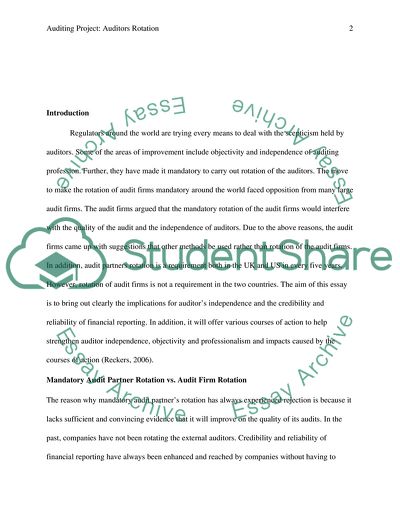Cite this document
(Auditing Project Essay Example | Topics and Well Written Essays - 2000 words, n.d.)
Auditing Project Essay Example | Topics and Well Written Essays - 2000 words. https://studentshare.org/finance-accounting/1845617-auditing-project
Auditing Project Essay Example | Topics and Well Written Essays - 2000 words. https://studentshare.org/finance-accounting/1845617-auditing-project
(Auditing Project Essay Example | Topics and Well Written Essays - 2000 Words)
Auditing Project Essay Example | Topics and Well Written Essays - 2000 Words. https://studentshare.org/finance-accounting/1845617-auditing-project.
Auditing Project Essay Example | Topics and Well Written Essays - 2000 Words. https://studentshare.org/finance-accounting/1845617-auditing-project.
“Auditing Project Essay Example | Topics and Well Written Essays - 2000 Words”. https://studentshare.org/finance-accounting/1845617-auditing-project.


